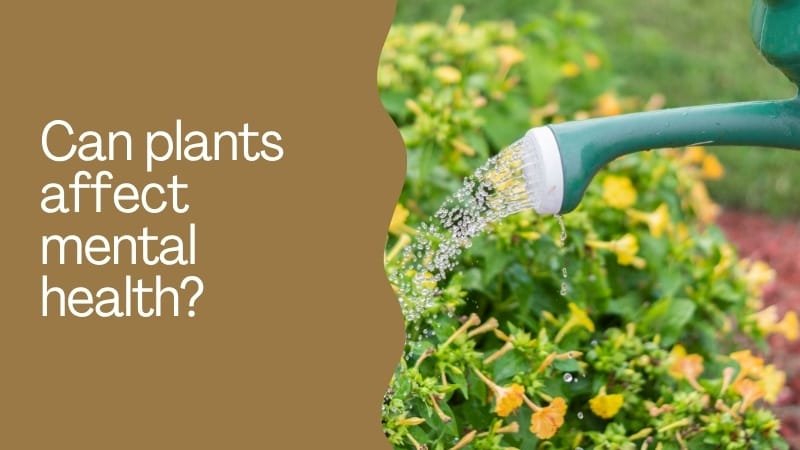Yes, plants can positively affect mental health. Research and clinical studies have shown that spending time around plants — whether indoors or in nature — can reduce stress, lower anxiety, improve mood, and enhance overall emotional well-being.
How Do Plants Help with Mental Health?
-
Stress Reduction
Interacting with plants or even viewing greenery can lower cortisol levels (the body’s primary stress hormone). This leads to reduced tension and promotes a relaxed state of mind. -
Improved Mood & Reduced Anxiety
People who spend time in green spaces or care for indoor plants often report lower levels of anxiety and depression. Greenery can create a calming environment that encourages emotional stability. -
Better Focus & Mental Clarity
Natural elements like houseplants have been shown to improve attention span and productivity — especially in work or school settings. One study found that having a plant nearby can boost memory retention by up to 20%. -
Connection & Responsibility
Caring for a plant gives people a sense of purpose, routine, and nurturing, which can be especially beneficial for individuals experiencing loneliness, depression, or recovery from mental health challenges. -
Biophilic Design in Mental Health Care
The term biophilia describes the human connection to nature. Incorporating plants into indoor spaces — such as homes, clinics, and offices — is a key aspect of biophilic design, which has been associated with improved mental health outcomes and reduced psychological fatigue.
Summary:
Plants can improve mental health by reducing stress, easing anxiety, enhancing focus, and creating a calming environment. Adding greenery to your space is a simple, effective way to support your emotional well-being.


